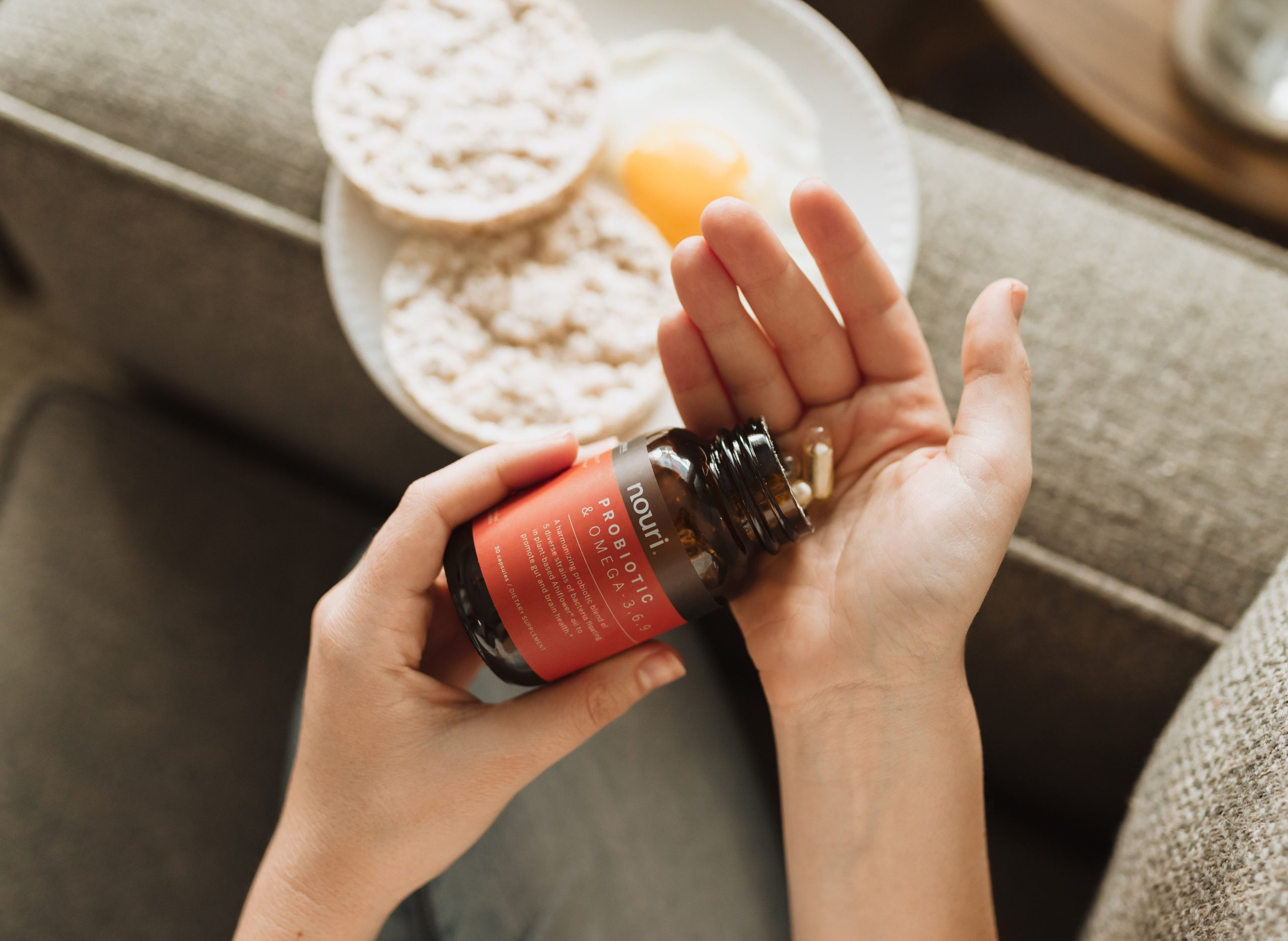Supplements are big business these days but are they beneficial and if so, which should we be taking?
Before we start, please note that the experts say, we should all be able to get the vast majority of vitamins and minerals we need by eating healthily. Supplements should be used only to top up your intake of vitamins and minerals, not used as a replacement for a good diet. They can be expensive, and your body won’t be able to use more than it needs, so there is no point wasting money on unnecessary supplements. However, some supplements could be beneficial in helping to cover any deficiencies you may have.
**It is important to note that you should discuss the need for supplements with your GP/Health Care Professional before you start taking them.**
## Vitamin D
Vitamin D is important for your muscles and bones, particularly in fighting Osteoporosis. The weather in the UK can mean that it is difficult for people to get enough Vitamin D from sunlight alone. Vitamin D is found in egg yolks, mushrooms and fortified milk and yoghurt. It’s also available from fish such as cod, tuna, salmon, sardines and mackerel. If you don’t eat many of these foods taking a Vitamin D supplement (especially in the winter) can ensure that your body gets what it needs.
## Vitamin B12
There is evidence that shows that as we get older we can become deficient in Vitamin B12. It can come from diet – eating fortified breakfast cereals, milk and meat but taking a supplement will ensure you achieve the suggested levels as having a deficit could lead to anaemia or memory loss.
## Vitamin C
Vitamin C helps to maintain healthy skin, blood vessels, bones and cartilage. It can be found in a wide range of fruit and vegetables but again if this is lacking in your diet, a supplement could be worth considering.
## Glucosamine
The evidence is mixed when it comes to Glucosamine but it could help those individuals who suffer with joint problems or osteoarthritis.
## Magnesium
This helps your body make protein and bone and helps to keep your blood sugar levels stable. If you eat a lot of leafy green vegetables, nut and seeds then it is probably not necessary. If you think this isn’t you, then a supplement could help.
This is by no means an exhaustive list and all these supplements are readily available. Do stick to the recommended dose – remember that at best, any extra will be excreted and at worst can cause some unpleasant side effects. It is important that you carry out your own research as to whether or not they may be beneficial for you.
Again, always consult with your GP/Health Care Professional before taking any supplements as they may impact on your current medication or have negative side effects.
## Boldie Links:
– In an **Interview by Samuel Muston** of the independent he explores do vitamin supplements really work – see the link **here **
– The NHS in their guidance try to answer the question: Do in need vitamin supplements – see the link **here**
